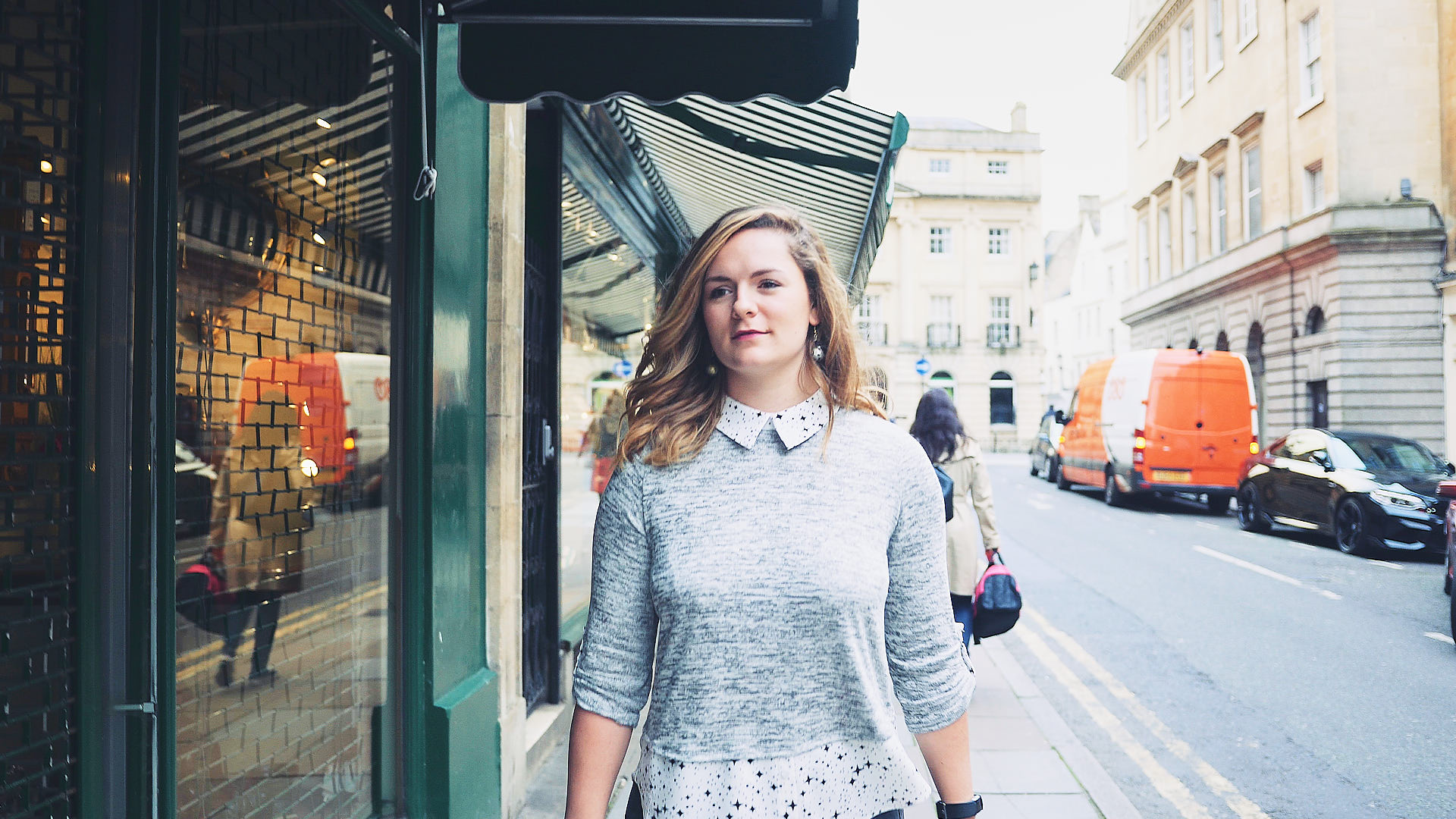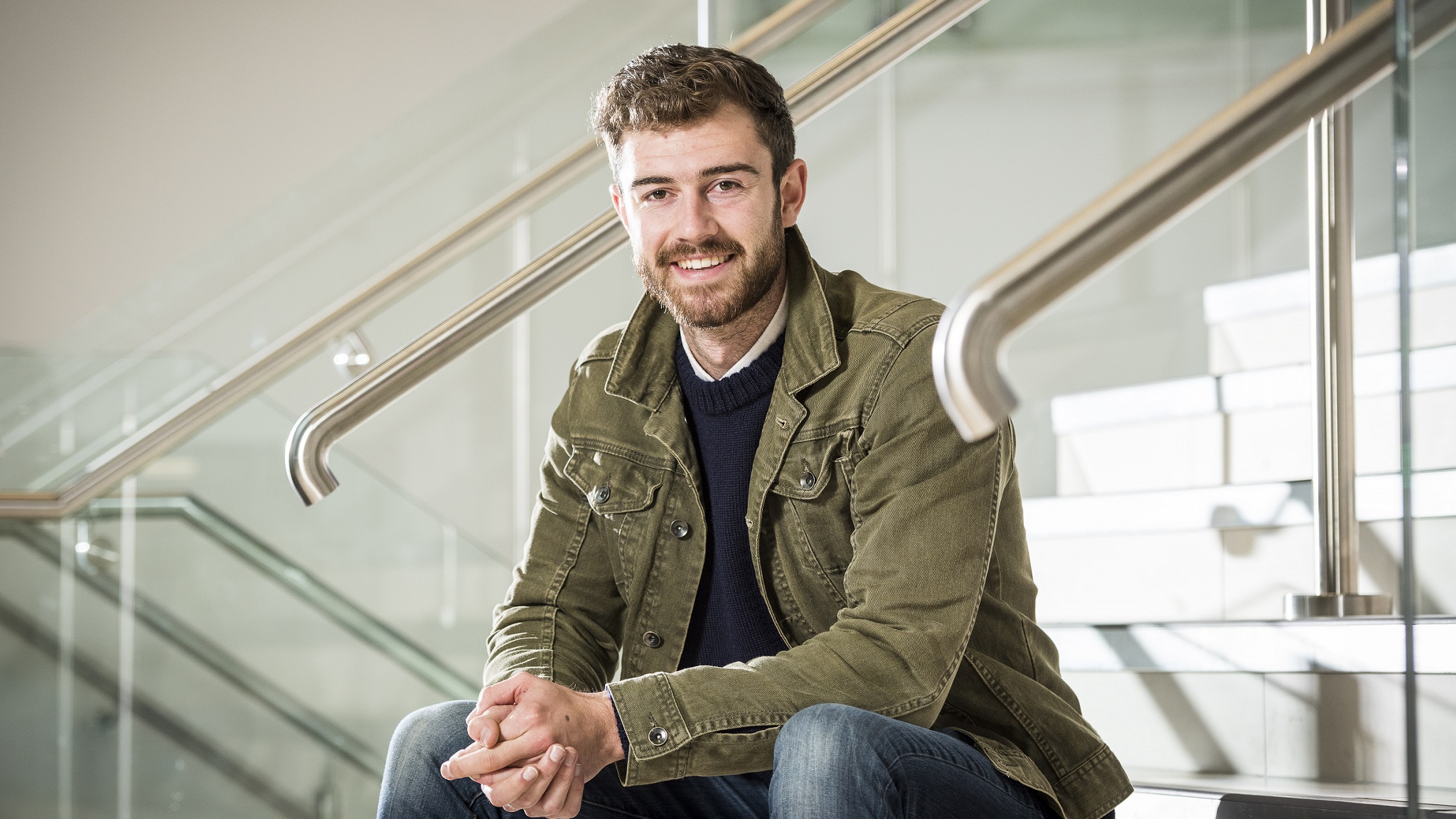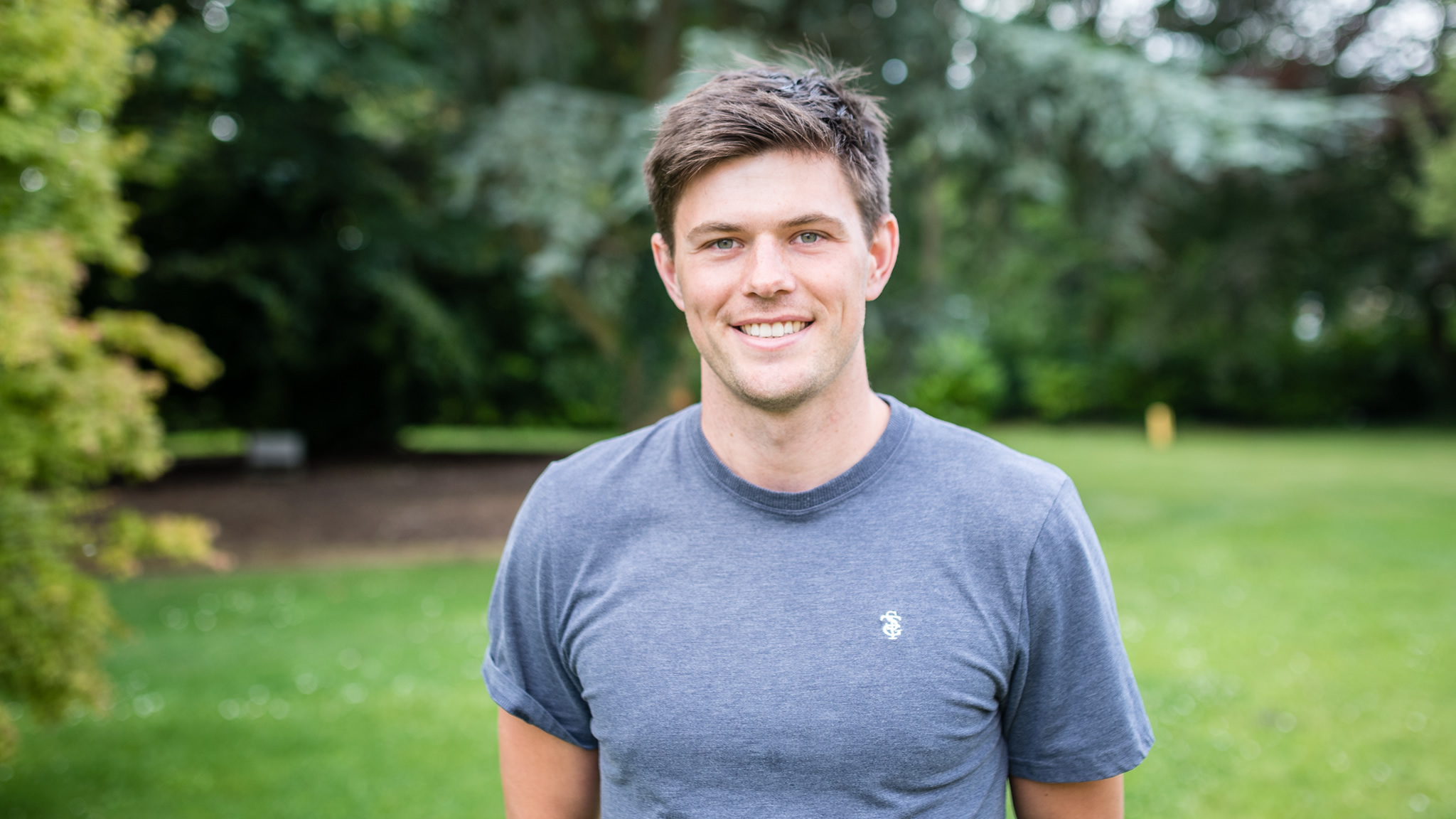After graduating from my chemistry degree at Bath in 2014, I completed a PhD at the University of Manchester in organometallic chemistry looking at how uranium interacts with other elements. I then went on to teach at Nottingham Trent University, followed by some freelance work as a science consultant, before taking some time off to go travelling.
After travelling, I started working for the Civil Service in the Nuclear Directorate, developing and delivering policy on all things nuclear decommissioning. The specific knowledge I gained from my degree was a big help in getting the job, but also showing that I was more than just a scientist by highlighting the soft skills from my consultancy work. I joined the Civil Service in a more junior role until the opportunity came up to apply for my current role as Head of Nuclear Decommissioning and Radioactive Waste Policy in the Department for Business Energy and Industrial Strategy (BEIS).
I now manage a small team of people and we are currently working on proposals to revise and update the Government’s policy on radioactive substances and nuclear decommissioning. Our proposed policy will set the direction and overarching principals that will hopefully guide the sector for the next 10 – 15 years. There are often competing interests that need to be balanced, such as technical, socioeconomic, environmental and political aspects, so we have regular meetings with stakeholders, followed by a lot of writing and re-drafting based on their feedback. We also respond to public queries about our work, process approvals for licenses and review other teams’ policies to check we align with the rest of the Department.
Applying for jobs
When it came to applying for jobs, I looked at how I could market my skills and experience to prospective employers. I combined the soft skills from my experience working in consultancy (such as communication, working with people and business acumen) with the hard skills from my degree and PhD (such as data processing, analysis and research) and applied for as wide a range of jobs as I could.
The professional placement I did during my degree was a big help in terms of employability. I gained a years’ worth of work experience and a whole range of examples to help with the situational and behavioural questions that are normally asked at interviews.
I’m fortunate enough to have had a good education that allows me to make decisions about what jobs I want to take and where I want to live, and to be able to pursue the work life balance that I want. I’m lucky to be in that situation, in part thanks to Bath.


